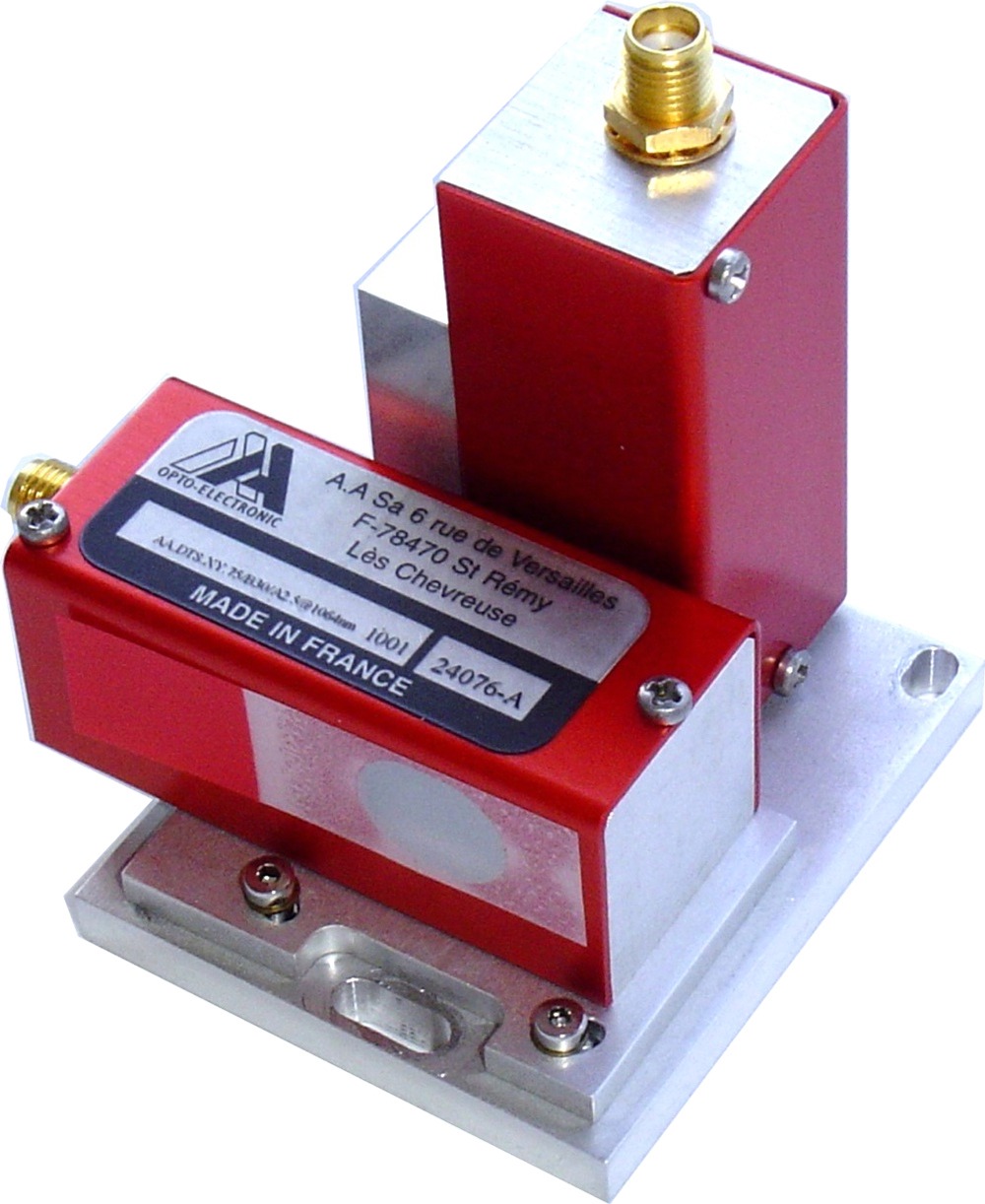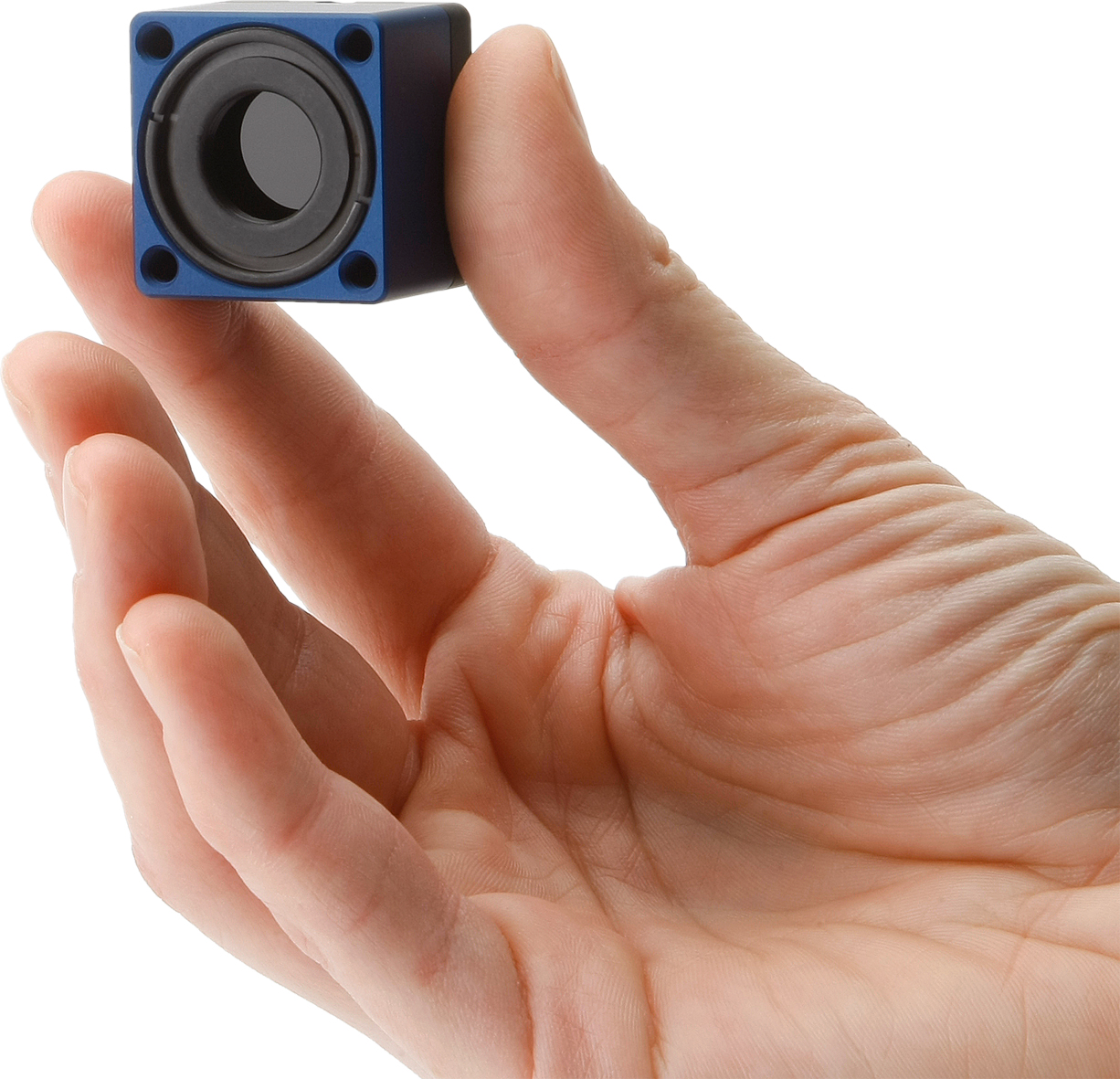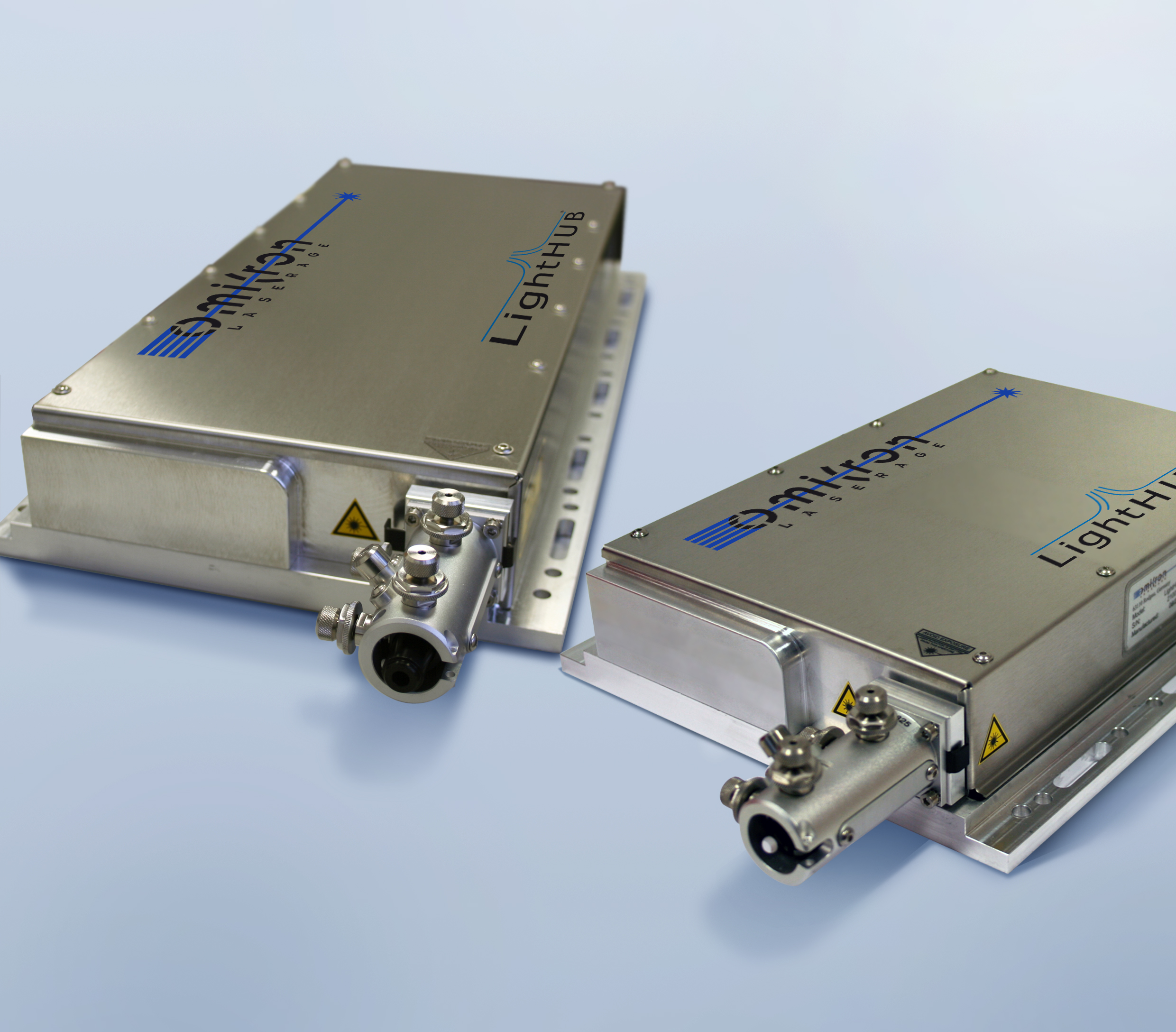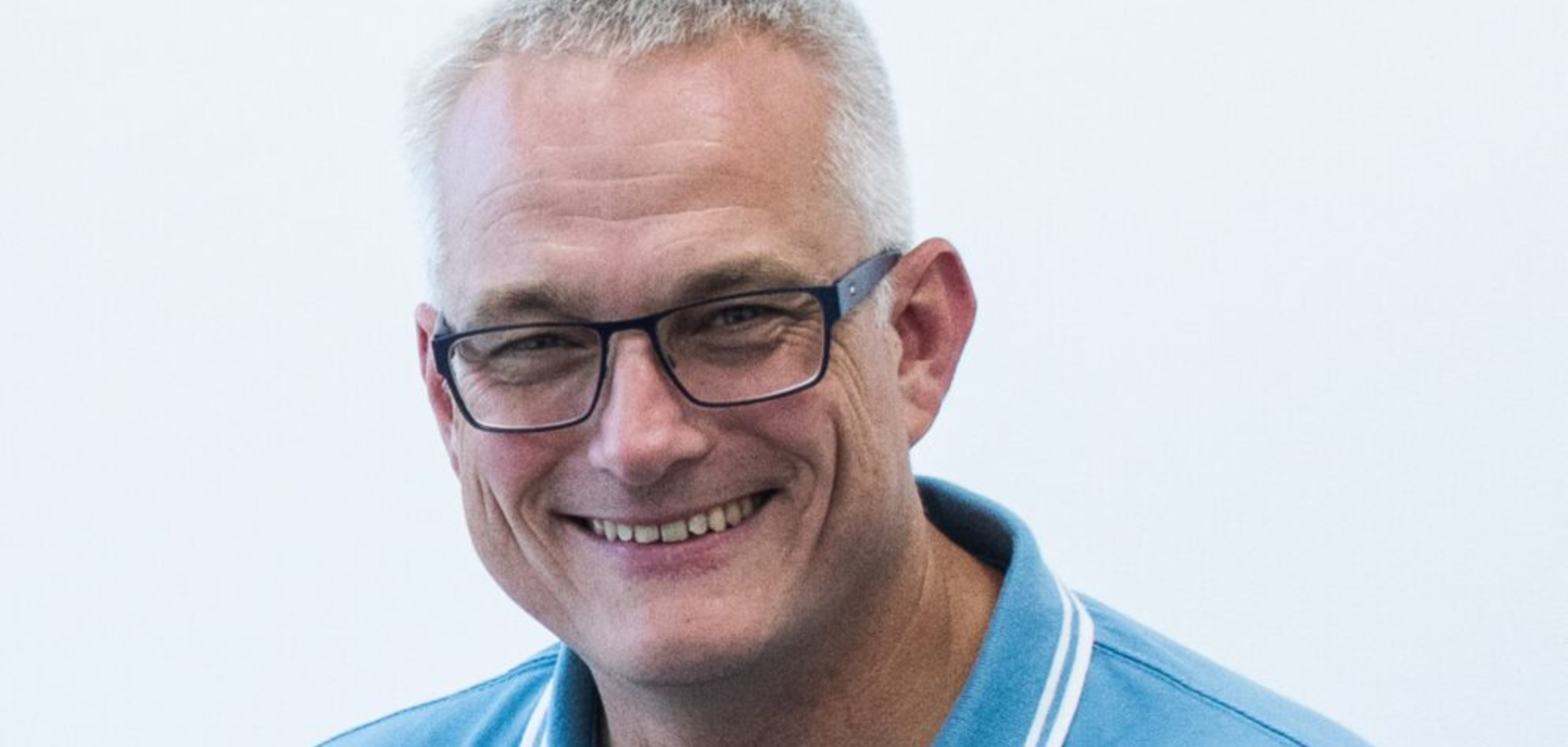From its formation in 2003, Photon Lines has built a reputation as a trusted distributor of photonics solutions, serving both physical and life sciences markets across the UK and Ireland. What sets the Banbury-based company apart is its commitment to fostering long-lasting partnerships with suppliers and customers alike, underpinned by deep technical expertise and responsive support.
Foundations built on lasting relationships
The company’s origins trace back to a spin-out from its French parent organisation, established by Eric Dréan a couple of years before the UK subsidiary was formed. This European connection has proven invaluable in allowing access to a broader range of technical capabilities, while allowing the UK operation to develop its own specialist focus.
“The original goal was to have long-term relationships, both with customers and with suppliers, built on trust based on the technical capabilities that we had,” explains Martyn Reynolds, Managing Director at Photon Lines. “We’re still working with some of the suppliers that we started with when the company was founded 20-odd years ago. Relationships established with companies like Omicron Laser and AA Opto-electronic, some of the very first partners, continue today very successfully.”

The DTSXY-xx 2-axis Deflector from AA Opto-electronic
This approach to relationship building has enabled Photon Lines to carefully select suppliers that align with its strategy of delivering targeted solutions to specific customer demands. Rather than operating as a catalogue sales company, the firm focuses on building a complementary portfolio of products that can address diverse customer requirements while maintaining high technical standards.
Bridging two distinct markets
The division between physical and life sciences reflects the different approaches required to serve these markets effectively. While both originated from the photonics sector, they have evolved to require distinct skill sets and support models.
“The physical sciences side is very much technically driven by the capabilities of a product, whereas on the life sciences side, you need to understand the application much more,” says Reynolds. “Users here have priorities one step removed from the product itself, but we understand the product capabilities and how they need to be used.”

Cinogy's CMOS CinCam Beam Profilers enable precise laser beam analysis
On the physical sciences side, the focus remains on providing high-quality components that customers can integrate into their own systems. The life sciences division, however, has now developed towards offering more integrated solutions; complete systems that researchers can use to capture data quickly and efficiently, often requiring minimal technical integration from the end user. This evolution reflects the changing needs of customers as technologies mature and research applications become more sophisticated. The company has grown organically in both areas, developing dedicated expertise that allows them to serve each market segment effectively.
Technical expertise as a differentiator
Central to Photon Lines’ approach is its highly qualified technical team. The company’s commitment to recruiting and retaining skilled personnel sets it apart in a market where technical expertise is increasingly difficult to find. “The most junior member of the team has come to us having previously been trained as a camera specialist with a masters in physics,”
Reynolds explains. “Everybody else has got 20-plus years’ experience in different sectors, whether that’s in medical research, in the microscopy and life sciences area, or whether that’s in delivery of photonics components into the physical sciences industry.” This technical depth enables the company to engage with customers at an application level, understanding, not just what products they need, but how those products will be used and what outcomes they’re trying to achieve.
On the life sciences side, three PhD-qualified staff members bring direct experience of the applications they’re discussing with customers. The company’s commitment to staff development extends beyond initial recruitment. Team members regularly attend major trade shows including Photonics West, Laser Munich, FOMA and ELMI, ensuring they stay current with emerging technologies and market trends.
Evolving with market demands
The shift towards digital engagement has been one of the most significant changes Reynolds has observed since the company’s formation. “Back in 2003, everything was telephone requests and some email, but mostly telephone and in person, whereas over time, that’s become much more digitally driven,” he notes.

The LightHUB Compact Laser Combiner from Omicron Laser
While digital channels have become crucial for initial customer engagement, the company recognises that face-to-face interaction remains important, particularly for life sciences applications where onsite support can be critical for successful implementation. The company has also evolved its support model to reflect these changing needs.
A dedicated support specialist was recruited this year with a specific remit to develop the support side of the business. The firm now offers support contracts for all hardware, providing on-site maintenance and performance verification to help ensure that the systems continue to operate at expected levels.
Quantum technologies and other emerging opportunities
Looking ahead, Reynolds identifies quantum technologies as a significant growth area for the physical sciences side of the business: “We are seeing increased demand for light sources, together with acousto-optic devices and drivers for use in this sector – specialist product areas where we have excelled.”
The life sciences market presents different opportunities, with increasing demand for higher throughput systems and more sophisticated data capture capabilities. “There are pressures on the costs of equipment when you’re moving into the higher throughput, and the level of automation is increasing in that sector,” Reynolds says. The company has also launched its own brand, eye4you, as Reynolds explains: “This allows us to specify bespoke high-speed recording systems, built using our network of suppliers’ products. This platform is already being used to deliver specialist capabilities, such as our unique particle image velocimetry solution iPIV. It is valuable to have this platform to support delivery of custom application solutions.”
Supporting customer evolution
Photon Lines has supported numerous customers through their technology evolution journeys, often working with companies from their earliest research phases through to commercial success. One long-term relationship exemplifies this approach: a company the team has supported since “literally day one” now represents a regular OEM customer. “We supply different components, it’s not just one, it’s multiple elements incorporated into multiple products that have grown over time,” Reynolds explains. “Where their needs have changed, and their markets have changed, we’ve been able to work with them and be that trusted resource for technical information and for high-quality products to allow them to innovate.”
The customer base has evolved from being predominantly research-focused to approximately 60% research and 40% industrial today. This shift reflects both the maturation of technologies and the company’s success in supporting academic spin-outs as they transition to commercial operations. Geographic reach and future growth Operating from its Banbury headquarters provides ideal access to key UK markets, with the team distributed geographically to ensure responsive on-site support. The company’s central location offers excellent transport links, being within an hour of Birmingham, Heathrow and Luton airports.
Reynolds identifies defence spending as a potential growth area, noting the UK Government’s commitment to increased defence investment. “You’re talking about requirements for technology that’s cutting edge and where we have expertise. I would envisage, over the next few years, there’ll be growth in that area.”
With quantum technologies driving innovation in physical sciences and automation advancing in life sciences, Photon Lines appears well-positioned to continue its growth trajectory. The company’s emphasis on long-term relationships, technical expertise and responsive support provides a solid foundation for navigating the evolving photonics landscape over the coming years.


